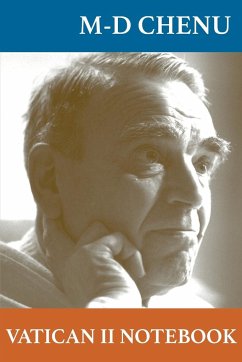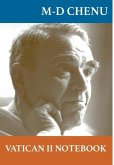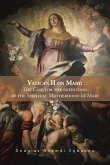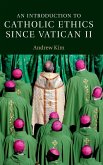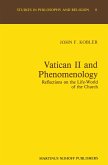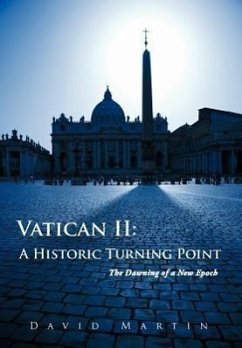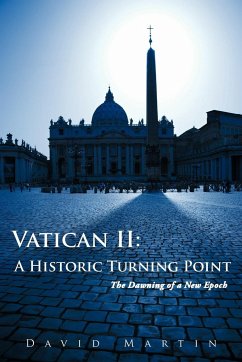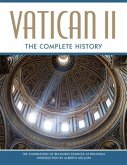Chenu was a French Dominican friar, a renowned historian, and a theologian with extraordinary creative insight. He shaped the Dominican study center, Le Saulchoir, as its director and as an influential professor from the late 1920s until he was removed by the Vatican in 1942 (for writing a theological program for the school that sounded much like the future Pastoral Constitution on the Church in the Modern World). He influenced two generations of scholars with his rare combination of scientific excellence and pastoral wisdom. Fifty years after Vatican II, historians are still discovering documents and letters that offer important insights into the Councils meaning. This brief journal written by Marie-Dominique Chenu, masterfully edited by Alberto Melloni, is such a document. It reveals the decisive role Chenu played in several initiatives that shaped the Councils character; but, more importantly, it brings to light the dynamic networking of bishops and theologians that lay behind the Councils achievement of so much in so few years. Covering the years 1962-1963, Chenus Notebook allows readers to feel the drama of the Councils opening period. At the Council, he promoted and drafted its great Message to the World that was the Councils first published statement. In it, many of Chenus key intuitions became part of an official church statement about its hope for the future: attention to the signs of the times, the integration of science and technology into the Churchs pastoral message, and commitment to justice and the care of the poor. His Vatican II Notebook is an exciting peek into great moments in a great mans life.

